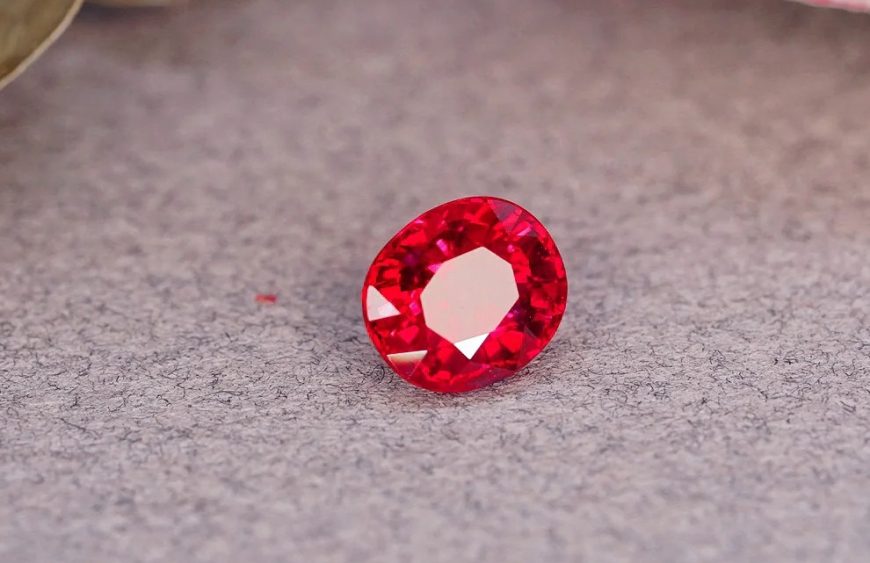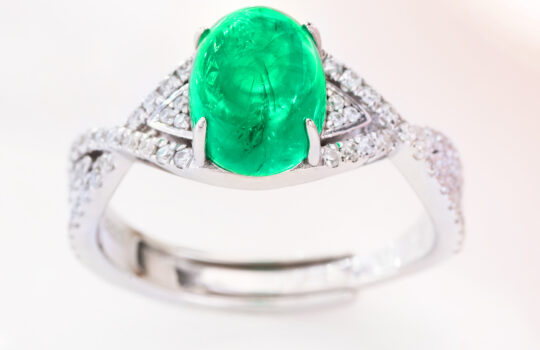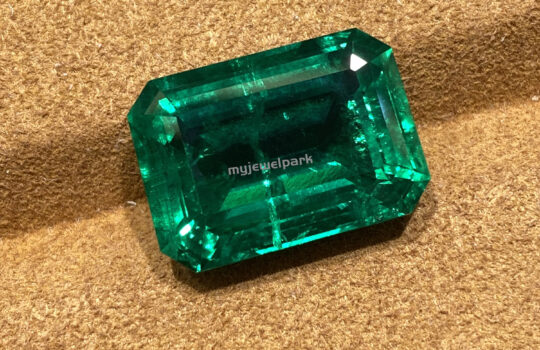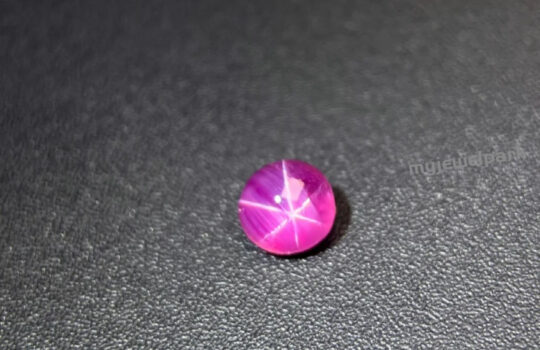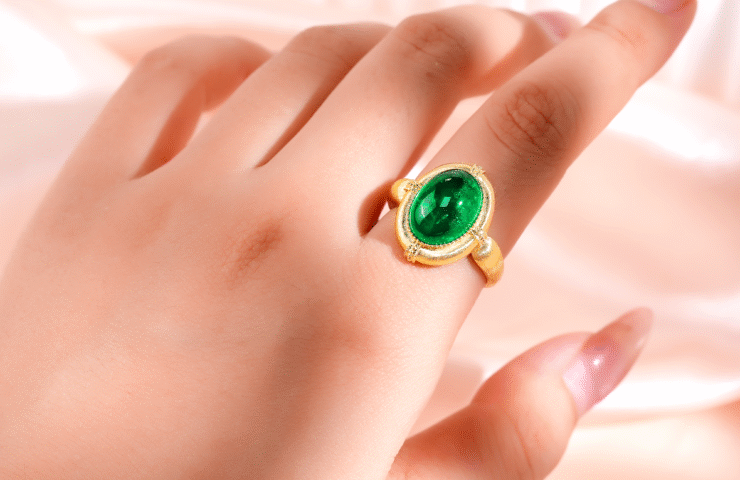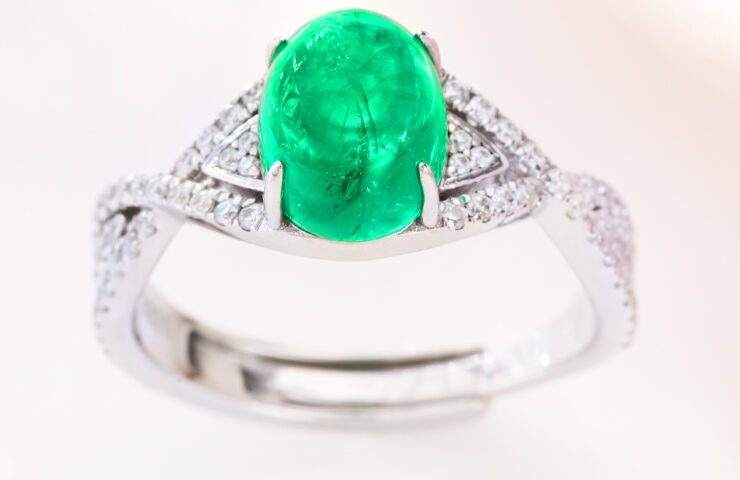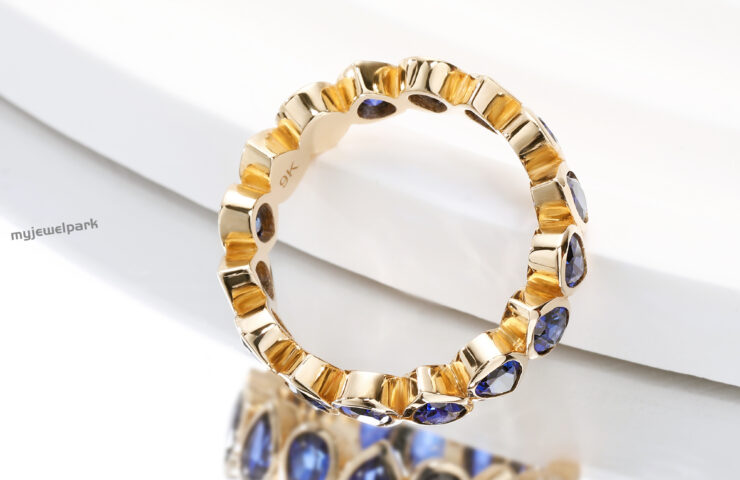Advantages and Disadvantages of Lab Synthetic Ruby
Lab synthetic ruby are becoming increasingly popular in the jewelry market, offering an attractive alternative to natural rubies. While they share many visual qualities with natural rubies, there are both advantages and disadvantages when choosing a lab-grown ruby.
Advantages
1. Cost-Effectiveness:
One of the most attractive aspects of lab-grown rubies is their affordability. Due to the rarity and mining process of natural rubies, they can be expensive. In contrast, synthetic rubies are more affordable, allowing you to enjoy the beauty of this stunning gem without spending too much money.
2. Quality Consistency:
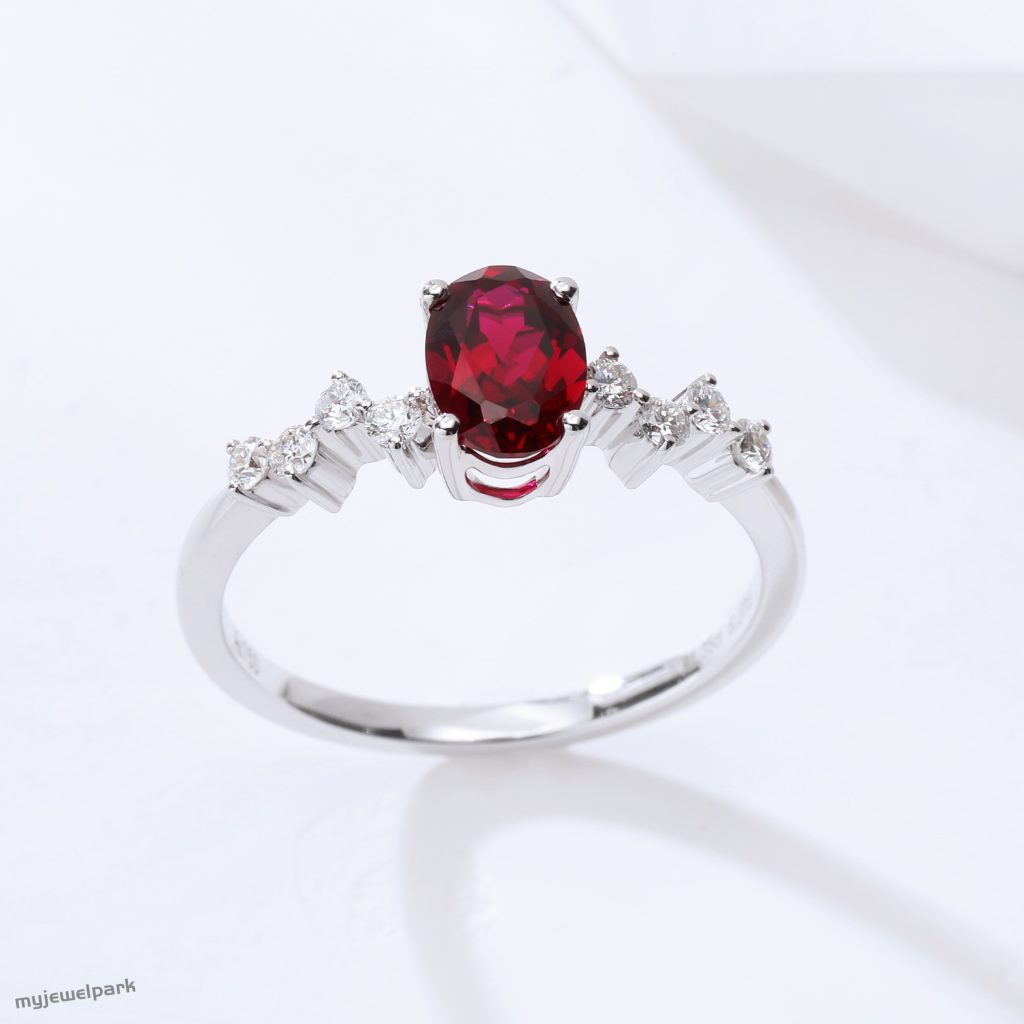
Synthetic rubies are created in a controlled environment, ensuring uniformity in color, clarity, and size. This consistency makes it easier for consumers to find the gem they want without the variability often seen in natural gemstones.
3. Ethics and Sustainability:
Lab-grown rubies are not subject to the ethical issues associated with mining, such as worker exploitation or environmental degradation, during their production. Choosing synthetic rubies supports more sustainable and responsible gemstone sourcing methods.
4. Availability:
Due to their manufacturing process, synthetic rubies are available in a variety of colors, sizes, and cuts. This variety makes it easy for buyers to find a gem that fits their style and preferences.
5. Durability:
Like natural rubies, lab-grown rubies are very hard and durable, making them suitable for everyday wear in rings, bracelets, and necklaces.
Disadvantages
1. Perceived Value:
Some consumers may feel that lab-grown rubies lack the value and appeal of natural rubies. Natural gemstones are often viewed as investments, with a certain cachet that synthetic gemstones may not have.
2. Lack of Unique Personality:
Natural rubies often have unique inclusions and characteristics that give each gem a special appeal. Synthetic rubies, while visually flawless, may lack this personality, making some buyers feel that they are less unique.
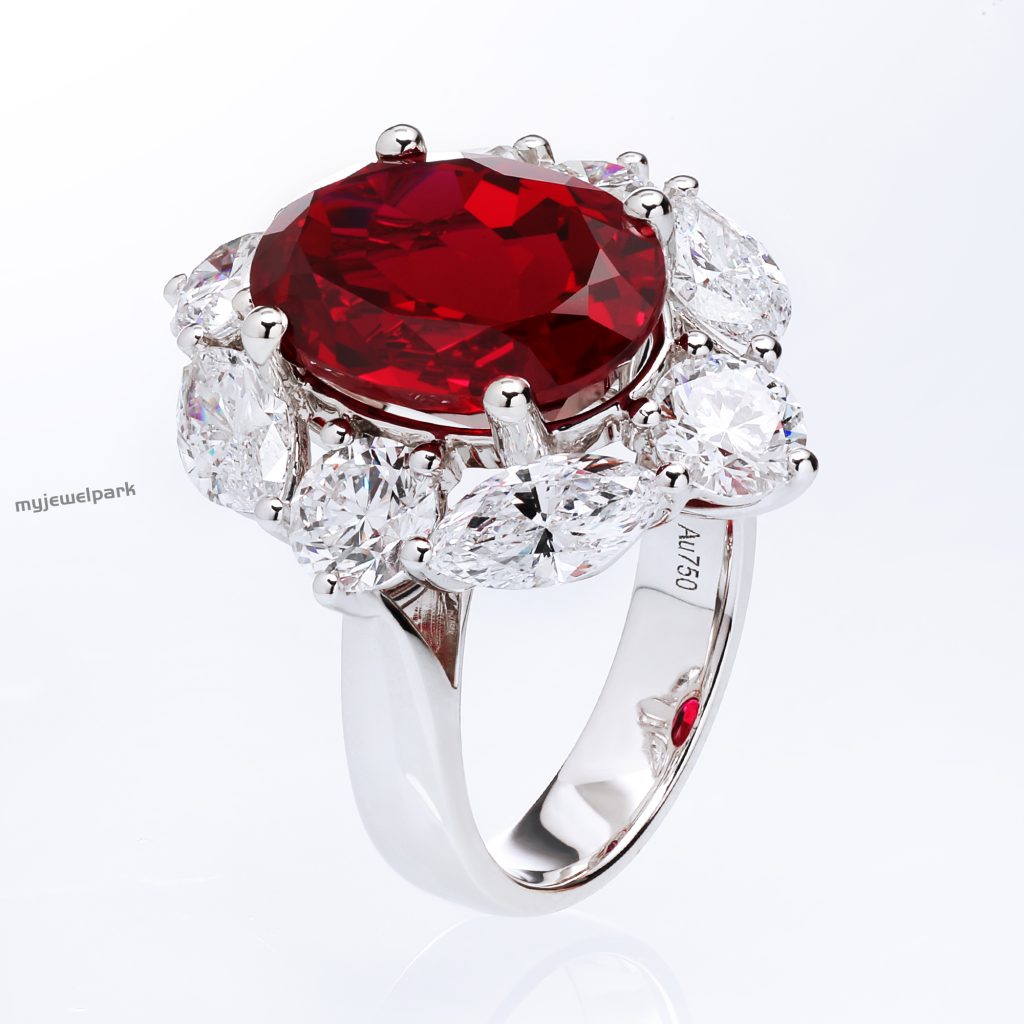
3. Resale Potential:
Natural rubies appreciate in value over time and may be viewed as investments. In contrast, lab-grown rubies, due to their plentiful supply, do not usually have the same resale value, meaning they are not viewed as investment-grade gemstones.
4. Market Recognition:
Some jewelers and collectors still favor natural gemstones and may not consider lab-grown gemstones to be authentic gemstones. This view may affect the market acceptance of synthetic rubies.
5. Potential for Misunderstanding:
Not all sellers clearly disclose whether a ruby is natural or lab-grown. It is important to purchase from a reputable source to ensure you understand exactly what you are purchasing.
Lab-grown rubies offer many benefits, including affordability, ethical sourcing, and consistent quality. However, potential buyers should also consider the perceived value and unique characteristics offered by natural rubies. By weighing the pros and cons, you can make an informed decision that aligns with your personal preferences and values while appreciating the beauty of this fine gemstone.

